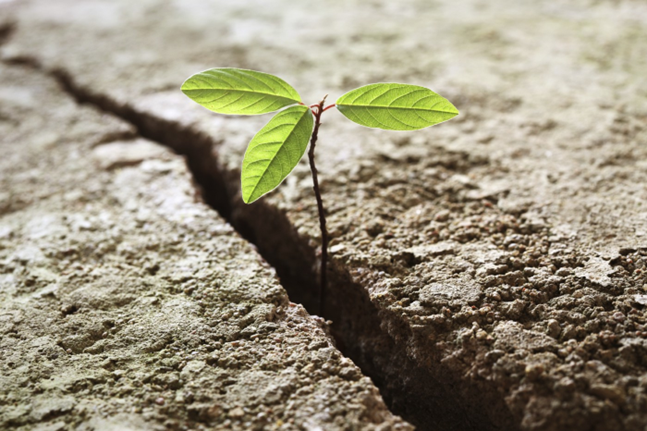How do we remain positive and productive when faced with stress, uncertainty, and change?
The current economic climate is contributing to increasing levels of stress. Our minds are often preoccupied by work matters with less ‘downtime’ to reflect, process information and plan. This can lead to stress and prevent us from dealing with problems. Resilience is the ability to bounce back in the face of adversity. In this blog, you will learn how to build your Personal Resilience.
Resilient people demonstrate greater self-awareness, are less likely to punish themselves for their own perceived inadequacies or failures and tend to be strong in critical situations. Our Personal Resilience course discusses tips to help you be more resilient.
The Six Keys to Personal Resilience
1. Sense of Purpose
Having a sense of purpose gives us motivation and direction and can keep us on track and feeling fulfilled and happy. If you want to have a consistent sense of purpose and motivation in life, you need to believe deeply in something. Ask yourself: What do I really believe about this? What is my sense of purpose?
2. Positive Mental Attitude
Don’t create obstacles for yourself, or barriers. Thinking and using words like ‘always’ and ‘never’ makes a situation seem worse than it is. It programs your brain into believing that certain people are incapable of delivering or circumstances won’t change. If you want to develop a positive mental attitude, you need to radiate positivity by consciously applying it. Focusing on what you want rather than what you fear, will help build optimism.
3. Connect with Others
Different people offer different kinds of support. Some people are good for doing things with, some share your interests, some just make you laugh and are a great distraction, and others are good at listening and understanding. Studies have shown that having positive social relationships is clearly tied to greater psychological and physical well-being.
4. Determination
Professor Martin Seligman of the University of Pennsylvania found that people who believed that they could achieve a certain goal did so in 80% of cases, whereas people who did not believe they could achieve their goal only achieved them 20% of the time. You are 50% more likely to achieve your sense of purpose if you write things down as it will focus your determination.
5. Taking Control
Control comes from how you think and react. By controlling these, you will develop positive patterns in the way you deal with different situations and challenges. Do you take responsibility for yourself and your actions? Are you able to recognise what challenges or situations are beyond your control? Do you let go of these to focus on the things that you can do something about? And importantly, do you do what you need to do rather than just talking about it?
6. Looking after yourself
Looking after ourselves physically, mentally, and emotionally is crucial. There are a variety of strategies and tools available to help us deal with difficult or stressful situations, lead a healthy lifestyle, and relax our bodies and minds. All of these will help us see problems or difficult scenarios in a calm and rational way. There’s plenty of evidence showing that people who are physically healthy, are more resilient.
Conclusion
Developing our personal resilience enables us to handle pressure, be more productive, efficient and manage our challenges. When we are resilient, we can respond to problems in a calm and mindful way without becoming consumed by negative emotions. To make yourself less vulnerable to drastic changes and challenges, you need to build your Personal Resilience.
